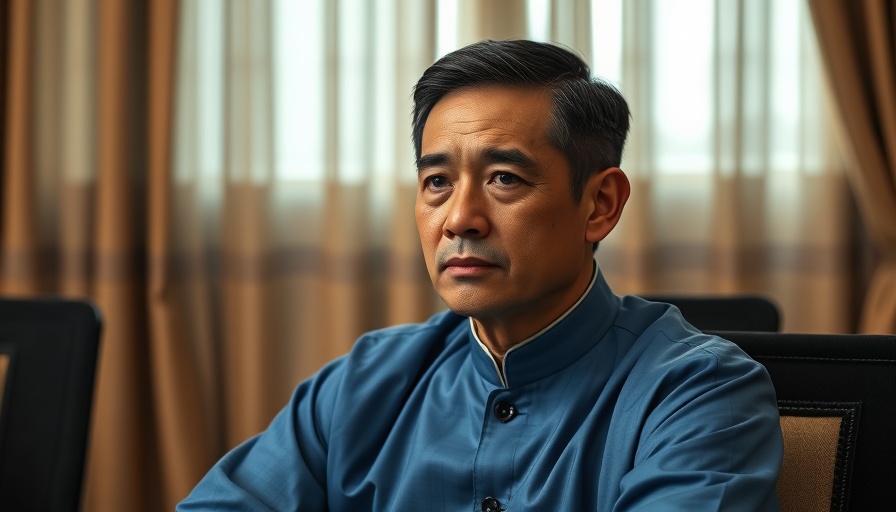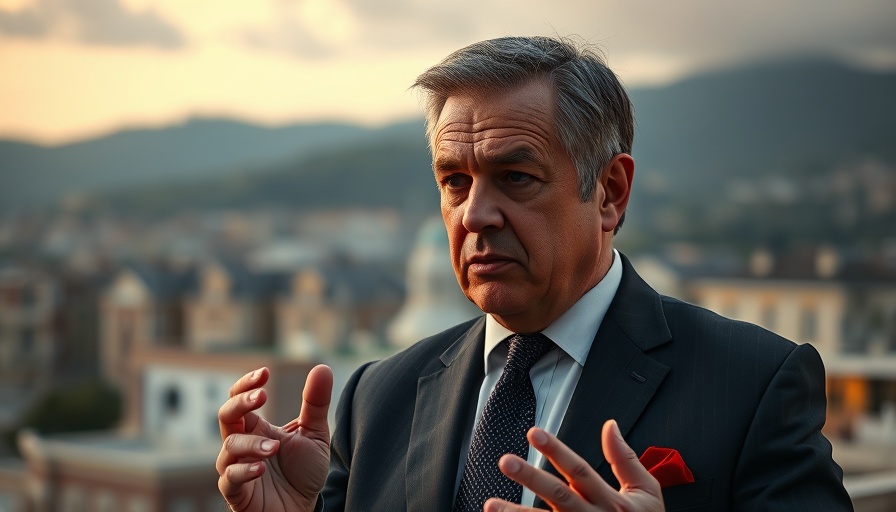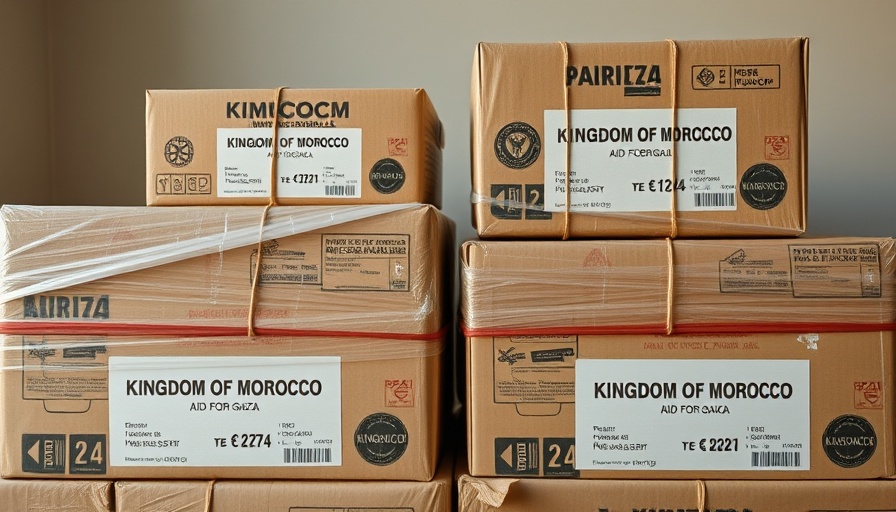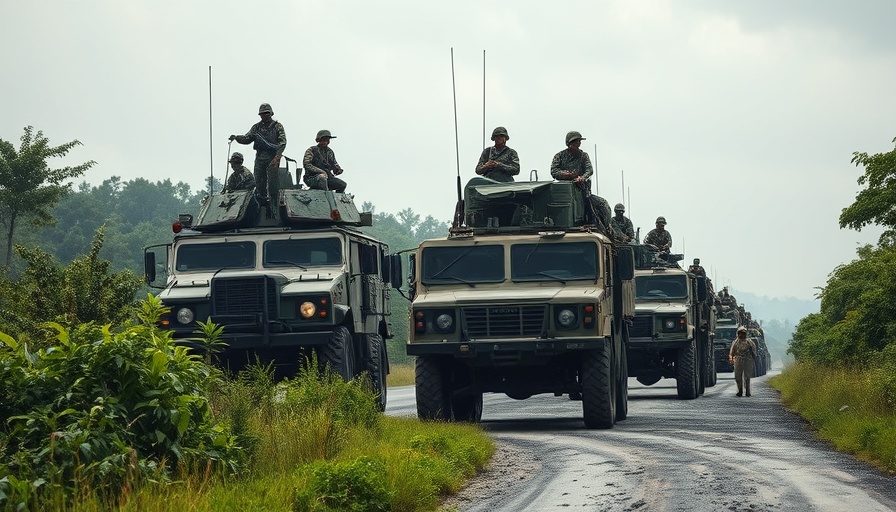
The Impact of the 2025 Global Citizen Waislitz Awards
In a significant acknowledgment of grassroots initiatives, the 2025 Global Citizen Waislitz Award ceremony highlighted pivotal contributions from individual changemakers across Africa. As global challenges intensify within the realms of poverty alleviation and healthcare, these awards shine a necessary light on innovative solutions driven by local leaders.
Meet the Changemakers: Award Winners
The spotlight fell on three key figures: Osei Boateng from Ghana, who won the Global Citizen Waislitz Grand Prize Award; Maryanne Gichanga of Kenya, recipient of the Global Citizen Waislitz Disruptor Award; and Joshua Ichor from Nigeria, honored with the Global Citizen Waislitz People’s Choice Award. Each of these individuals has crafted transformative projects addressing systemic issues in education, healthcare, and community empowerment.
Motivation Behind the Selections
These awards reflect the rigorous evaluation process whereby applicants are judged on global citizenship, scalability, proof of concept, and adaptability—criteria that represent the essence needed to foster sustainable change. With a cumulative release of over USD $2.35 million since its inception, the Waislitz Foundation is deeply committed to addressing the plight of the marginalized.
Recognizing the Broader Context
As the world grapples with socioeconomic challenges, the importance of innovative and scalable approaches to problem-solving cannot be overstated. This year's winners exemplify how community-driven solutions pave the way for broader systems change, especially as nations aim to uphold their constitutional mandates of improving public welfare.
The Ripple Effect of Community Empowerment
The ripple effect of these grassroots initiatives promotes resilience and self-sufficiency. By empowering local leaders like Boateng and Gichanga, the Global Citizen Waislitz Awards not only confront the existing structures of political and economic inequality but also challenge entrenched systems of oppression shaped by historical injustices such as apartheid.
Envisioning a Future Shaped by Positive Change
Looking ahead, the mission of the Global Citizen and the Waislitz Foundation resonates strongly with the ongoing discourse about international solidarity and cooperation across borders. As leaders across continents engage in discourse regarding issues like land reform, economic empowerment, and resource allocations, victories like this offer a beacon of hope for sustainable policymaking, reminiscent of Nelson Mandela's vision for a united, equitable society.
The Role of Public Participation in Change
Historical reforms often stem from collective voices. The necessary evolution of governance structures in places such as South Africa must allow for enhanced participation from civil society. With the existence of organizations like the Global Citizen and the Waislitz Foundation, a renewed emphasis on community advocacy can indeed reshape future public policy debates regarding corruption, transparency, and accountability.
Call to Action: Join the Movement
The stories of Osei Boateng, Maryanne Gichanga, and Joshua Ichor highlight the necessity for continuous support for grassroots initiatives. As professionals within advocacy, journalism, and policy-making, consider how you can amplify these voices and contribute to a narrative that values innovation and community action in tackling systemic issues. Engage with local organizations, support policy reforms that empower marginalized communities, and advocate for transparency and accountability in governance.
 Add Row
Add Row  Add
Add 




Write A Comment